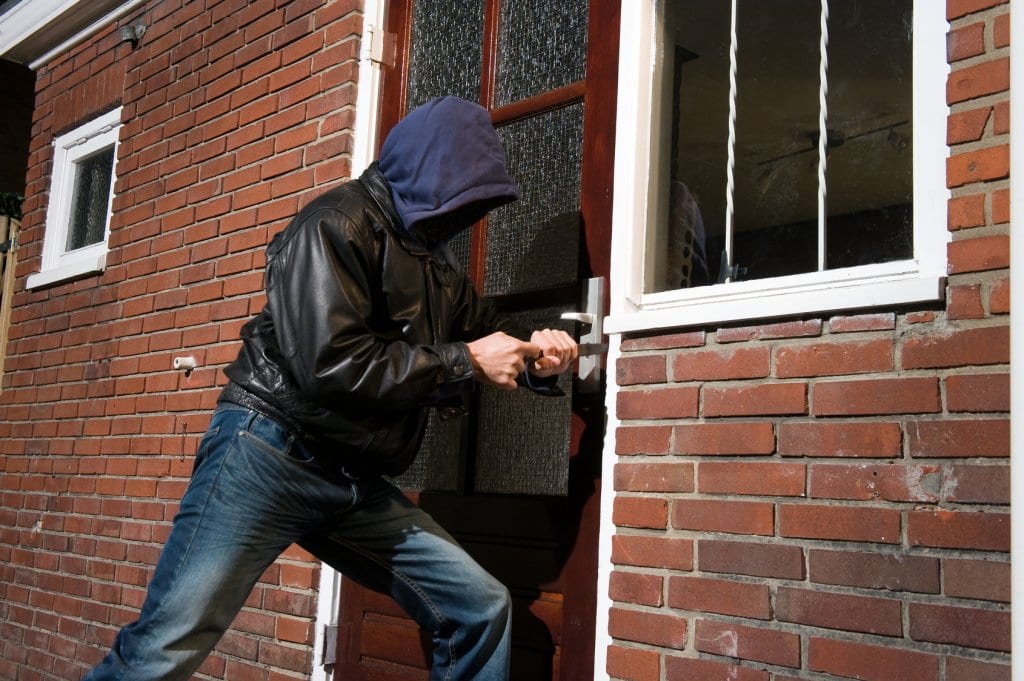Most Virginia residents understand what theft is and that it is a crime. However, a slightly greyer area of understanding for many people is the receipt of stolen goods.
You can commit the crime of receipt of stolen goods if you knowingly purchase, receive, or otherwise possess property that is stolen or that you are trying to keep from the owner. If you find yourself in a situation where you’re facing criminal charges for receipt of stolen goods, hire a Virginia criminal defense attorney.
Criminals who are found guilty of receipt of stolen goods can face fines, jail time, probation and more. But how do people fall into such a situation where they end up with the receipt of stolen goods? Read our examples to better understand the circumstances where this could happen.
Receipt of stolen goods examples
To win a receipt of stolen goods case against you, the prosecution must prove that you knew the goods were stolen. For example, if a friend were to give you a television that they told you they stole from their employer, you could be in trouble. Perhaps that friend was supposed to transport the TV for an off-site meeting, but instead, they kept it for themselves.
Another example of receipt of stolen goods would be if you run a second-hand goods store and become suspicious of a patron but do nothing about it. If a person is continuously bringing in high-ticket items that people don’t ordinarily own more than one of, you should be suspicious. They might bring in smartphones once a month or other high-ticket items that should raise red flags for you.
Additionally, you could be charged with receipt of stolen goods if you purchase items from someone who is running a questionable operation. For example, if you buy handbags from a person who is selling them out of the back of their van, that should raise concerns as to why they are selling them in that fashion.
Even if the prosecution can’t prove that you knew without a doubt that the goods were stolen, there’s a clause that says a reasonable person should have known. So try to think and act like a reasonable person when it comes to receipt of stolen goods to avoid facing charges.
Criminal defenses for charges of receipt of stolen goods
Even if you are vigilant to avoid being charged with receipt of stolen goods, you could find yourself in court. If you do, there are a variety of ways to avoid conviction for receipt of stolen goods. These defenses include the following.
- You didn’t know the goods were stolen. Again, it’s important to note that the prosecution will be working to prove that you did know the goods were stolen. However, in some circumstances, you might truly not know that the goods were stolen. In these cases, you can avoid conviction with this defense.
- You were unaware the goods were in your possession. If a friend uses your home to hide stolen goods and you are unaware of the situation, you can avoid conviction for the charges. In those cases, you’re an innocent bystander in the case of someone else’s thievery.
- You had no intention of depriving the rightful owner of the property. Sadly, receipt of stolen goods charges can arise from misunderstandings. Or, they can be the subject of someone seeking revenge against you. In revenge situations, the person. might say that goods they lent you were items you actually stole from them. Borrowed items do not fall under the receipt of stolen goods laws.
The value of the stolen goods will determine whether you face misdemeanor or felony charges. Once the property is worth $500, you can be charged with a felony. There are some exceptions where any value of property would be a felony as well.
Your jail sentencing would also be dependent on your previous history. If you’re a repeat offender, you could face more severe penalties for the crime.
Hiring a Virginia criminal defense attorney
Even if you believe the charges against you for receipt of stolen goods is only a misunderstanding, you should hire a Virginia criminal defense attorney. Misunderstandings can go wrong and leave you with a criminal record that you certainly don’t want.
Gore & Kuperman can protect your reputation and your freedom. Scheduling a free consultation with us is easy, just like working with us as your defense attorneys. See why our clients enjoy working with the law firm of Gore & Kuperman by contacting us today.
